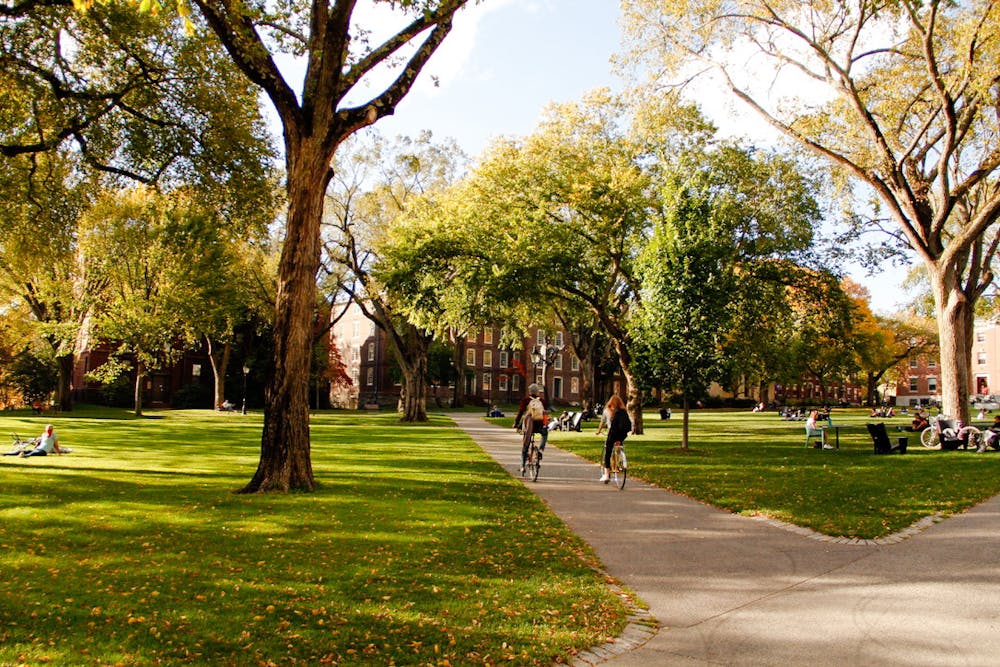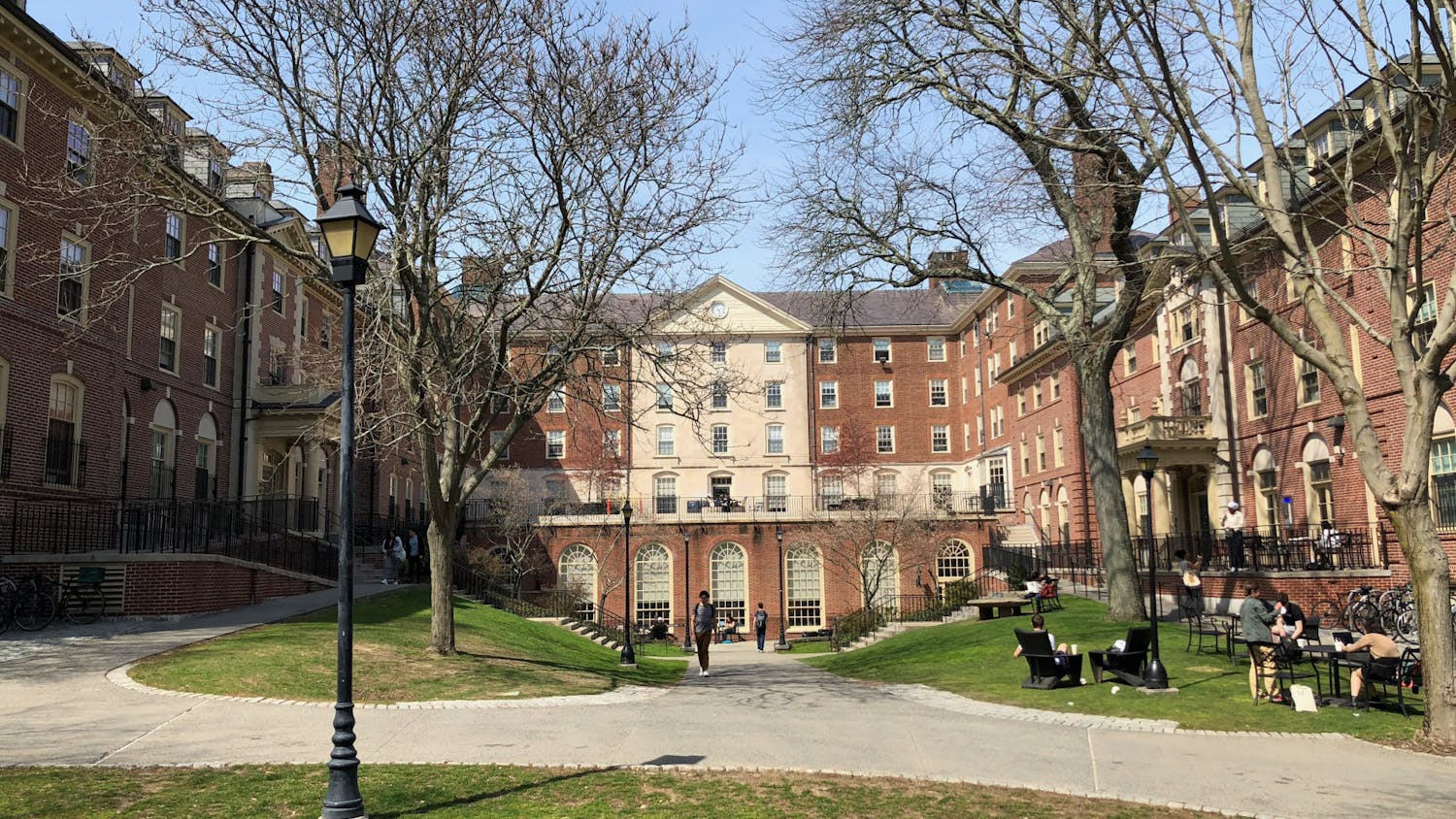How does financial aid at Brown work?
Choosing Brown doesn’t just mean opting for College Hill on the merits alone — for at least the 44% of students who receive need-based financial aid, it also requires making sure that the University’s financial aid awards make attending Brown affordable. Students can find answers to many questions on the office’s website. Brown is need-blind for domestic students and will be need-blind for international students by the time the class of 2029 applies.
Does Brown have student loans?
Brown does not include loans in its financial aid packages. All aid comes in the form of grants and scholarships, which students are expected to supplement with earnings from summer jobs and work-study. The University’s financial aid awards meet all demonstrated need — meaning that after submitting your Free Application for Federal Student Aid and the College Scholarship Search profile, Brown calculates what it believes your family can reasonably contribute. It then offers a financial aid package that covers the rest of the cost of attendance. Brown does not offer merit scholarships.
Who gets the full cost of attendance covered?In 2021, Brown announced that for almost every student whose family makes $125,000 a year or less, it would cover the full cost of tuition, though not necessarily all fees. For most students whose families make $60,000 a year or less, the University covers nearly the entire cost of tuition and fees.
What if my award isn’t enough?
While one option is to take out an optional federal or institutional student loan, another is to appeal your aid offer and ask for more money.
To learn more about filing an appeal, you can go to finaid.brown.edu/apply/appeal-aid-awards. Previously, the Office of Financial Aid has suggested students reach out to them before filing an appeal to learn more about the process and what documentation might be helpful. The Office also noted that successful appeals most often came from students who saw major changes to their financial circumstances, or from students who received packages that failed to consider another key factor in their family’s finances, such as siblings attending college.
Students also sometimes submit copies of offer letters from colleges with comparable need-based aid practices as a comparison point — and some have noted that the most important piece of the appeals process is putting together a cohesive story backed up by financial documents.
This article was adapted from a 2020 article, “Students share experience with financial aid appeals,” and a 2021 article, “The Supplement: How does applying for financial aid work?”





